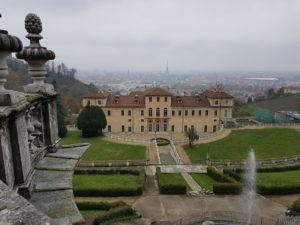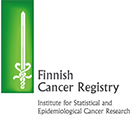Turin: touristic and scientific 
The first capital of Italy, which developed into an industrial city in the twentieth century, has a baroque city centre, including residential palaces, churches and pedestrians streets. The main attraction of a short tour are the Egyptian museum – considered the second most important after the one in Cairo-, the cinema museum in the Mole Antonelliana – the building which has been characterising the Turin skyline -, the Royal Palace in the city centre and the Reggia di Venaria, a baroque residential palace close to the city, hosting permanent and temporary art exhibitions, with French-style gardens facing the mountains.

The Piedmont population based cancer screening program – Prevenzione Serena – is covering the entire target population: breast and cervical cancer screening programs were started in Turin in the early 90ies, while the CRC screening has been ongoing since 2003.The Turin program is characterised by a strong connection with health services and clinical research, which allowed to translate into routine practice the results of population based comparative trials, aimed to assess new protocols (for example HPV testing for primary screening for cervical cancer, or the combination of endoscopy and FIT for CRC screening), as well as innovative approaches to promote screening uptake. The Cancer Prevention centre in Turin – CPO –, coordinating the programme activity, is WHO collaborating centre for cancer early detection and screening.









